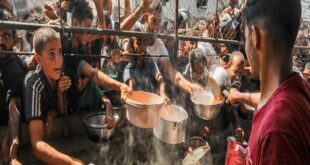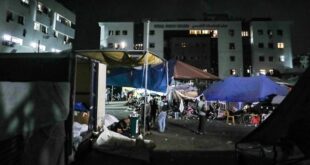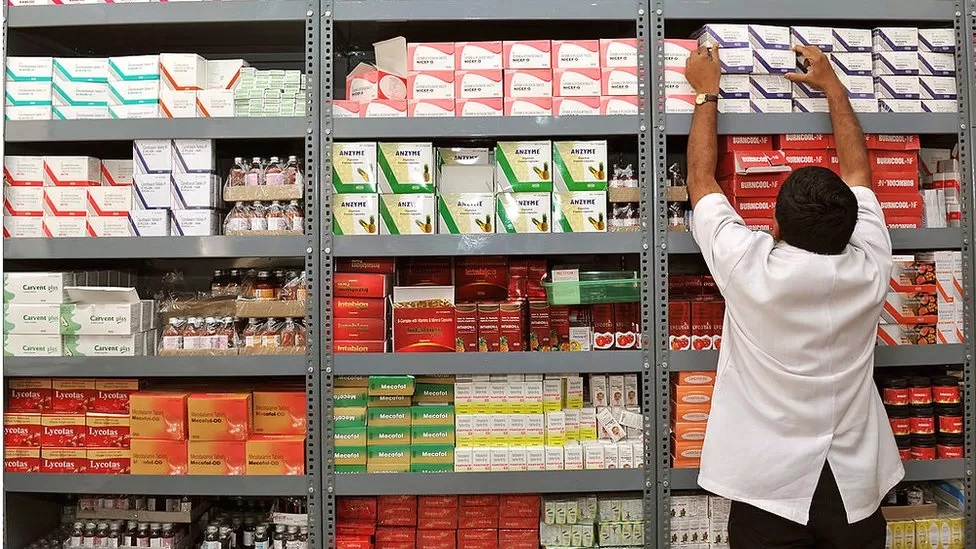
Like many African doctors, Peter Mativo had to travel overseas to complete his training.
In 2007 he left Kenya for Bangalore to pursue his goal of becoming a neurologist. After 18 months in India, he returned to Kenya and now works at the Aga Khan University Hospital in Nairobi.
« Most of us train in India, as Africa is not a developed continent. We have a very poor economy with no medical infrastructure in place nor specialised training, » he says.
« I would have never been able to get a specialised degree if I would have not opted for India, » Mr Mativo says.
India is keen to strengthen such ties with Africa. It has identified the healthcare sector as one area where trade between the continents can flourish.
So young African doctors are encouraged to finish their training in India, meanwhile Indian healthcare firms are expanding all over Africa.
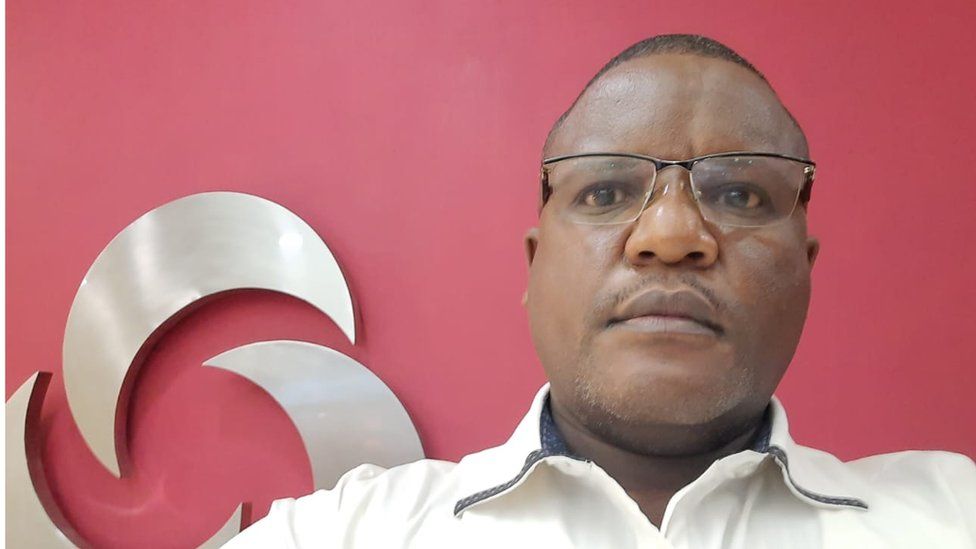
« The African market is a natural fit for Indian pharmaceutical companies, as India is the largest provider of generic medicine in the world, » says Nisht Dubey.
Generic drugs made in India can sell at a quarter of the price of a branded equivalent, which makes them a popular choice in less well-off parts of the world.
« There is a big gap between demand and supply of medicines in Africa, with a huge disparity among rich and poor, » says Mr Dubey.
Spurred by a shortage of medicine and hospital equipment in Kenya during the Covid crisis, Mr Dubey set-up Goodstrain Pharma in 2020. It imports medicine and medical products from all over the world into Kenya.
Goodstrain’s warehouse and corporate offices are in Nairobi, but Mr Dubey wants it to expand across East Africa.
« Africa is the only pharmaceutical market where genuinely high growth is still achievable, » says Mr Dubey, who is originally from Uttar Pradesh in northern India.
But getting a firm going in Kenya has not been easy. Goodstrain’s very first shipment to Kenya was held up at customs for weeks – a major setback for the young firm.
Mr Dubey says they were not ready for the web of regulations covering imports. Now a third party, which specialises in clearing imports, handles that for them.
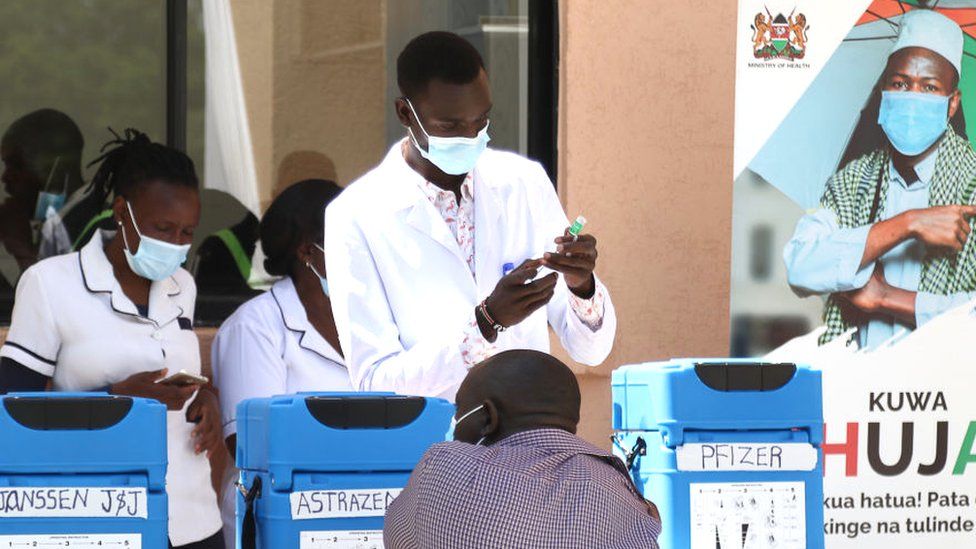
Africure Pharmaceuticals, has gone one step further than Goodstrain, by manufacturing pharmaceuticals in Africa.
The company, only founded in 2017, already has nine manufacturing facilities in Africa, employing 300 people across Cameroon, Namibia, Botswana and Côte d’Ivoire, with plans to build plants in Ethiopia and Zimbabwe.
Africure’s factories make medications to treat pain, fever, inflammation, malaria, diabetes andhypertension, as well as a wide range of antibiotics.
« Africa over the years has been dependent on imports of medication from Europe, India, and China, which has resulted in the draining of precious foreign exchange, non-creation of job opportunities, and suffering the vagaries of supply and demand, » says Sinhue Noronha, founder and chief executive of Africure Pharmaceuticals.
Originally from Mumbai, Mr Noronha, hopes his firm will help tackle some of the problems in African healthcare.
« Our primary objective is to solve the persistent issues such as affordability, availability, low quality, technological dependence, and reliance on imports.
« All of our plants and distribution setups are engaged primarily to provide an uninterrupted supply of essential medicines. »
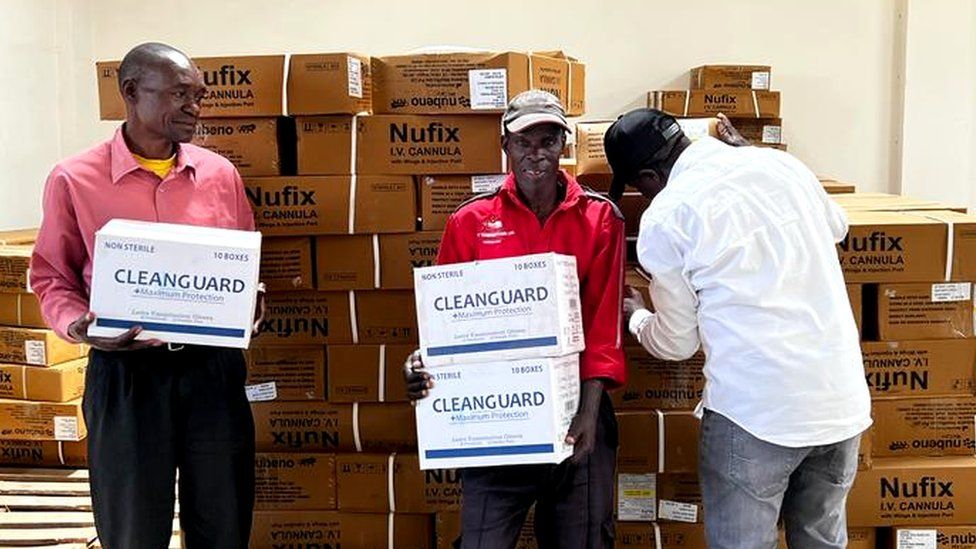
Mr Noronha says that Indian firms have a head start over rivals from elsewhere in the world.
« Indian manufacturers and importers are able to understand the African market because of our large diaspora presence in Africa. »
Even with those connections, Mr Noronha, has found building a business in Africa a bumpy experience.
« The biggest challenge is political instability. I may get a permission today to set up a manufacturing unit, and tomorrow the government or the health minister may resign. One has to be ready for any kind of eventuality, » he says.
He also says that personal safety is a consideration.
« Security is another big concern. murder and kidnapping are common in Africa. We Indians have to be very careful, » he says.
Broadly, Indian healthcare firms have a good reputation in Africa, but that hard won image has recently suffered significant damage.
https://emp.bbc.com/emp/SMPj/2.46.12/iframe.htmlMedia caption,
Three things to know about cough syrup and deaths in The Gambia
Police in The Gambia are investigating the deaths of 66 children, which have been linked to four brands of imported Indian cough syrup.
In October, the World Health Organization (WHO) issued a global alert over the cough syrups – warning they could be linked to acute kidney injuries and the children’s deaths in July, August and September.
« The Gambia incident is an aberration and we should feel bad about it, » says Udaya Bhaskar, director general of Pharmexcil, which promotes the export of Indian pharmaceuticals.
« This incident will certainly be a dent in our exports and the image of Indian pharma, » he says.
But he thinks the reputational damage will be short-lived.
« The important factor is that Africa is very dependent on other countries and India produces very good quality medicine, so the Gambia impact will be short-term. »
Back in Nairobi, Dr Mativo says the problem is the lack of testing facilities in Africa.
« The Gambia incident is sad. The biggest problem is we are not financially strong, nor do we have facilities which can check the standards of medicine supplied to us. »
He would like to see more products produced locally.
« In Africa most of the population cannot afford branded medicine… what we need is training and setting up manufacturing units in Africa. »

World Opinions – BBC News







